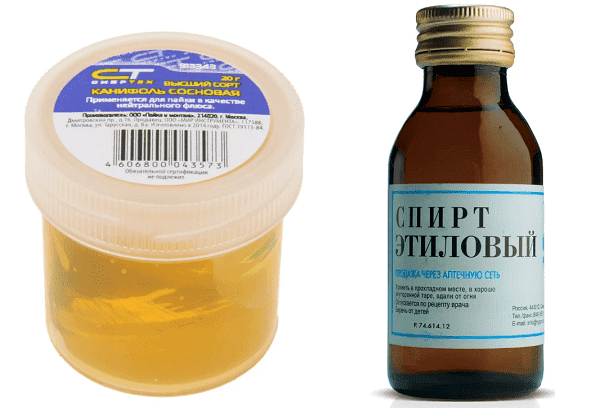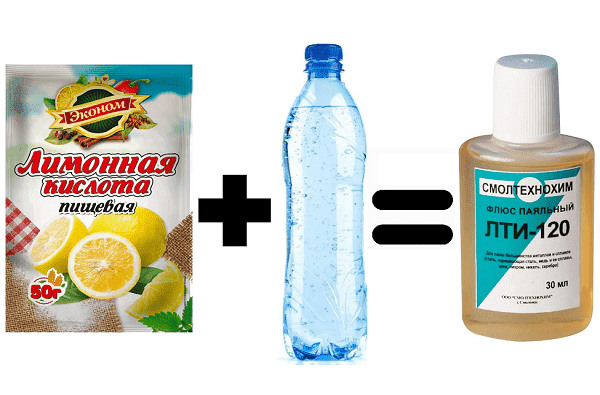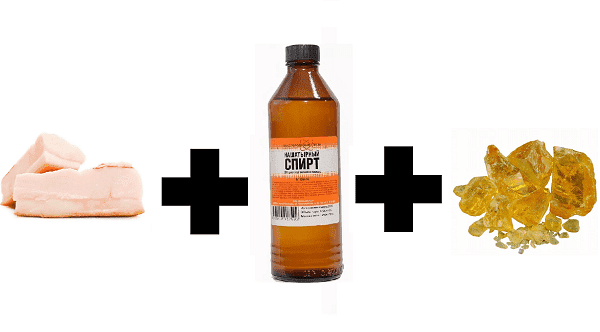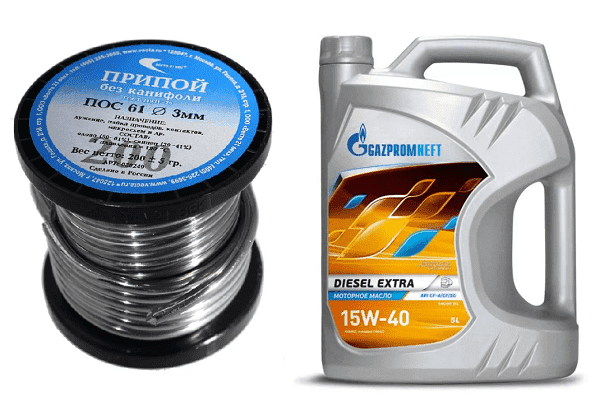If you urgently need to solder something, but there is no flux: 5 products that will replace it
It doesn’t matter if the flux runs out or gets lost somewhere. It's an everyday matter. Experienced craftsmen can make soldering flux from literally nothing. Today we will share a few secrets.
When there is flux, then there is soldering!
Flux is an organic or inorganic substance that facilitates soldering. It performs the most important tasks:
- promotes better spreading of solder along the seam;
- protects metal heated during soldering from oxidation;
- removes oxides from soldered surfaces.
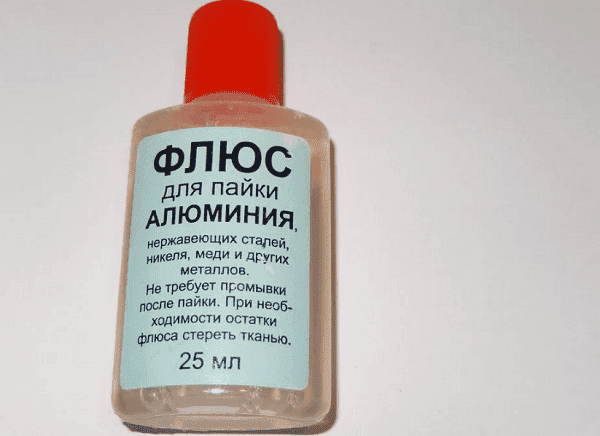
Without flux, solder gathers in balls or hangs in a lump, and with it it spreads and wets the surface. It is important to know that there are different fluxes. Each metal has its own ideal composition.
- To work with copper, silver and tin, you need low-melting solder and neutral flux: rosin, wax, stearin.
- A slightly corrosive flux is considered universal. It cleans oxide films well, and does not require rinsing (it evaporates on its own during soldering, decomposes or burns).
- Ferrous and non-ferrous metals require a highly corrosive, active acid flux. It is capable of destroying resistant films. During the soldering process it emits toxic fumes. Requires rinsing. Acid corrodes the tracks and acts as a conductor.
Liquid flux made from rosin and alcohol
The first recipe will be useful for those who have regular solid rosin. It is cheap, environmentally friendly, but soldering with it is still a pain. You still need to get used to handling boiling rosin with the tip of a sting.It is much better and more convenient to use it in the form of liquid flux.
How to cook it yourself:
- We break the rosin with a hammer or break off pieces with a knife.
- Wrap the fragments in thick paper. We knock. We get the powder.
- Pour it into a glass jar.
- Pour medical alcohol there (at least 96%).
- Proportions – 3 parts rosin powder, 7 parts alcohol.
- Stir for a few minutes.
Rosin dissolves quickly. The resulting liquid flux can be applied with a brush.
Active flux from aspirin tablets
Just one tablet of aspirin, and you can tin the black wires without any problems. You can solder directly on the tablet, as shown in the video:
Or you can transfer the acid from the tablet to the place of soldering with a soldering iron tip. In both cases, it is important not to lean over the fumes and carry out work in a well-ventilated area or outside.
Important. For soldering, only regular, non-effervescent aspirin (acetylsalicylic acid) is suitable.
Advice. To escape from acrid smoke, place a fan nearby and direct the air flow away from you.
Simple citric acid flux
Another homemade flux, or more precisely, soldering acid. It cooks very quickly.
The components are simple:
- citric acid (powder or granules);
- warm water;
- Convenient mixing container.
Preparation:
- Mix equal amounts of warm water and lemon.
- Stir until dissolved.
- Use for soldering.
- After finishing work, wipe the surface with alcohol or rinse with water and wipe dry.
Universal flux paste made from tallow
Paste flux is more convenient to use than liquid or solid. To prepare it you will need:
- lard (preferably unsalted) – 100 g;
- ammonia powder – 1 teaspoon;
- rosin – 2 teaspoons.
How to make flux with your own hands:
- Finely chop the lard and melt the lard. Separate it from the cracklings.
- Crush rosin into a fine powder.
- Combine 2 teaspoons of lard, 2 teaspoons of rosin powder, 1 teaspoon of ammonia.
- To stir thoroughly.
- Draw into a syringe, removing it into a needle.
Motor oil for aluminum soldering
Soldering aluminum and aluminum-based alloys can be difficult. On an aluminum surface, upon contact with air, a persistent and refractory oxide film is formed. It creates a serious obstacle to tinning.
It is generally accepted that soldering aluminum requires a strong flux. But you can do without a special tool if you have at hand:
- solder POS-61;
- engine oil;
- soldering iron with a power of 100 W or more.
Need to:
- Clean the soldering area with a knife or sandpaper.
- Apply a little oil.
- Tin the aluminum.
Questions and answers
Question: How and from what can rosin be made?
Answer: Craftsmen living near coniferous forests collect resin from spruce and pine trees in tin jars. Then it is slowly heated and the needles and wood particles are removed. The result is a material that is as close in composition as possible to rosin.
Question: Is it possible to solder without flux?
Answer: Without flux, solder is difficult to attach to metal (and sometimes completely impossible). Most likely, soldering will be long and unproductive, and the quality of work will leave much to be desired. Alternatively, you can try soldering on a sponge soaked in acidified water.
Replacing purchased flux is not difficult. It can be made from aspirin, citric acid, machine oil and even lard. Every soldering specialist knows several such recipes. They are great for solving small problems. In complex and responsible work, naturally, you need to use a special flux.The above methods are an “ambulance” for a soldering machine. No less and no more than that.
